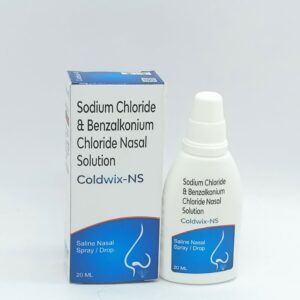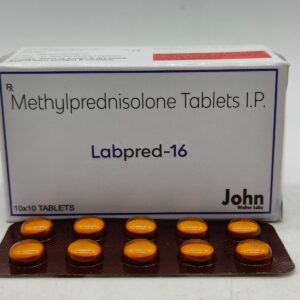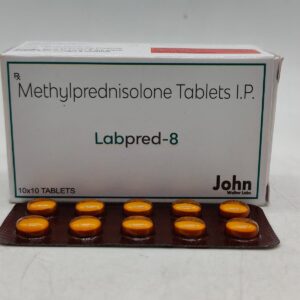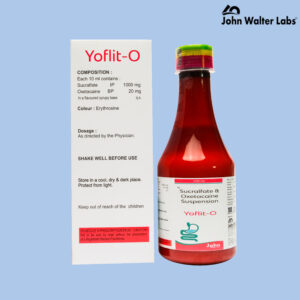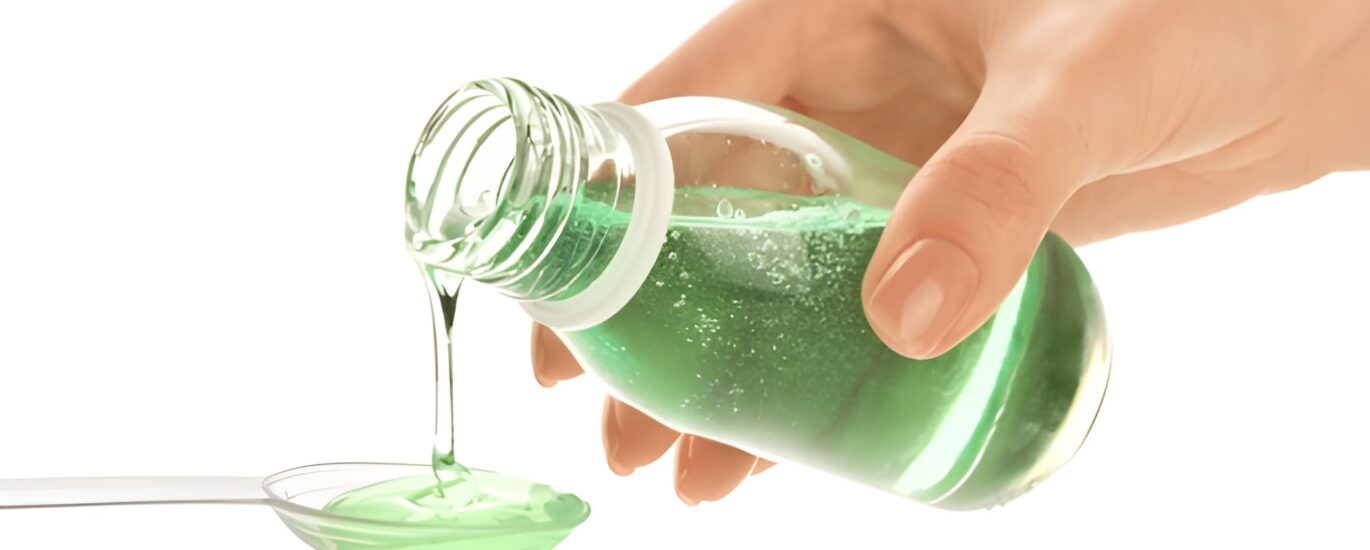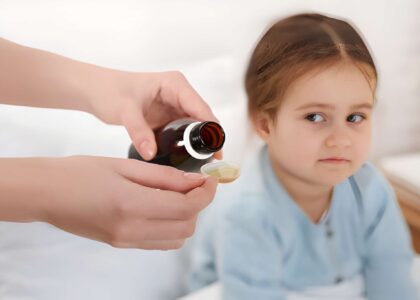In a disturbing revelation that has rocked the pharmaceutical industry, a government report has exposed the horrifying inner workings of a cough syrup manufacturing facility in Tamil Nadu, linked to the tragic deaths of 16 children across Rajasthan and Madhya Pradesh. What appeared to be a simple over-the-counter cold remedy turned out to be a toxic cocktail, brewed in a factory riddled with over 350 violations—each more alarming than the last.
At the center of the storm is Coldrif, a syrup manufactured by Sresan Pharmaceutical. Marketed as a common cold medication, Coldrif is now under a cloud of suspicion after testing positive for diethylene glycol (DEG), a lethal industrial solvent unfit for human consumption. The scandal has unveiled the darker, hidden world of pharmaceutical negligence — one that turns trusted medicines into silent killers.
A Death Trap Disguised as a Factory
When drug control officials raided the Sresan facility in Kancheepuram, they weren’t prepared for what they found. Instead of a regulated, sterile environment required for pharmaceutical production, inspectors discovered a filthy, unsafe, and wholly illegal setup.
- The factory had no cleanrooms, no air handling systems, and used rusted, damaged machinery.
- Medicines were stored in open corridors rather than controlled storage rooms, raising serious concerns about contamination.
- There was no Quality Assurance department, no documented protocols for recalling defective drugs, and no accountability for who cleared each batch.
Shockingly, raw materials were procured without invoices, handled without proper sampling methods, and approved for use without any testing. This wasn’t just poor practice — it was a complete breakdown of pharmaceutical ethics and safety.
The Deadly Ingredient: Industrial-Grade Poison
The most horrifying detail of the inspection was the identification of diethylene glycol (DEG) in the syrup. DEG is a known toxin — responsible for numerous mass poisonings globally when mistakenly or deliberately substituted for safer solvents like propylene glycol.
In this case, Sresan Pharmaceutical is accused of procuring 50 kilograms of industrial-grade propylene glycol — not suitable for pharmaceutical use — from unauthorized suppliers. This tainted raw material ultimately made its way into the syrup consumed by children. The consequences were swift and devastating.
As the toxic syrup was distributed, reports of acute kidney failure began to emerge from hospitals in Rajasthan and Madhya Pradesh. Within weeks, 16 children — all under the age of 10 — had lost their lives to what should have been a routine cold treatment.
A System Designed to Fail
The inspection report reads like a case study in systematic failure. Among the 350+ violations:
- Zero pest control in the facility, with insects and rodents posing a constant risk.
- Purified water systems — critical in drug manufacturing — were contaminated and improperly maintained.
- No batch manufacturing records, meaning the source, process, and destination of products were completely undocumented.
- The company had no trained staff, no pharmacovigilance system, and lacked even the most basic safety protocols.
There was no chance of quality control — because quality wasn’t part of the conversation. What was being manufactured here wasn’t medicine; it was a gamble with human life.
Government Response: Too Little, Too Late?
The Tamil Nadu government has since banned the sale of Coldrif syrup and halted production at the Sresan facility. Stocks have been seized across pharmacies, and legal action has begun. A doctor associated with the manufacturing license has been arrested, and investigations are ongoing.
Meanwhile, in Madhya Pradesh, where several of the child deaths occurred, the fallout has been politically explosive. Senior health officials have been suspended, and the state drug controller has been transferred.
But the real question remains: How did this happen in the first place?
Lessons in Blood: What India Must Do Next
This scandal has brought one bitter truth to light — India’s drug regulatory system is under serious strain. While the country is a global leader in generic medicine exports, oversight and enforcement at the state level remain dangerously weak.
To prevent another tragedy, authorities must:
- Enforce stricter inspections with real-time audits of pharmaceutical plants.
- Mandate traceability for all raw materials with verified supply chains.
- Establish whistleblower protections to empower insiders to report malpractice.
- Educate consumers on checking product sources, batch numbers, and expiry details.
- Publicly name and blacklist violators, removing them permanently from the industry.
Conclusion: A Wake-Up Call for India’s Pharma Industry
What happened in Kancheepuram wasn’t an isolated incident — it was a reflection of systemic neglect and lack of accountability. Sixteen families will now forever live with the grief of losing their children to what should have been a harmless syrup.
This case is a grim reminder: when regulation sleeps, medicine becomes poison. The cost of apathy is paid in lives.


